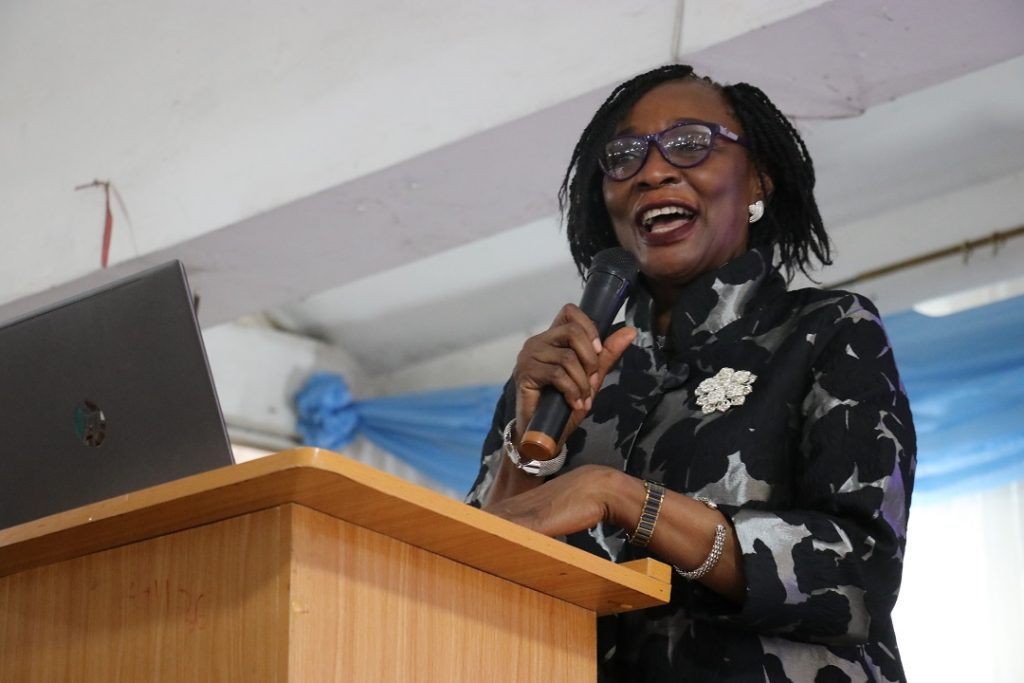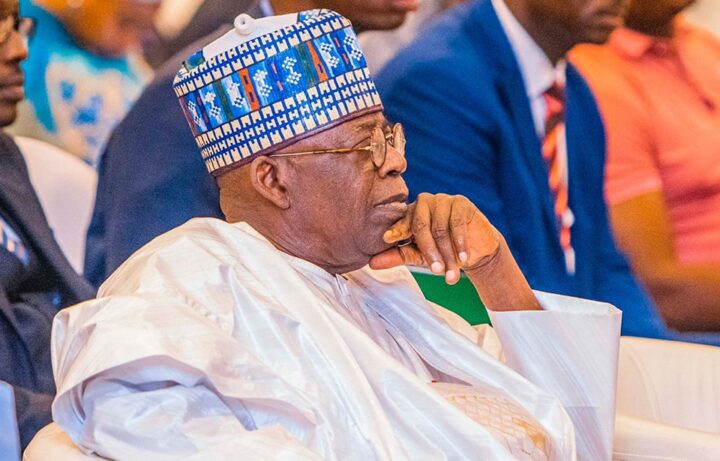BY PHRANK SHAIBU
Data after data by governmental and non governmental organisations have underlined the fact that the number of Nigerians living in poverty is alarmingly high; and because we live in Buhari’s Nigeria, there have been no convincing measures taken to indicate that anything concrete is being done about it.
In May, the National Bureau of Statistics (NBS) released the “2019 Poverty and Inequality in Nigeria” report, which highlighted that 40 percent of the total population, or almost 83 million people, live below the country’s poverty line of 137,430 naira ($318.20) per year.
The NBS report is based on data from the latest round of the Nigerian living standards survey, conducted in 2018-2019 with support from the World Bank’s poverty global practice and technical assistance from the Living Standards Measurement Study (LSMS) programme.
Advertisement
The Nigerian Living Standards Survey (NLSS) is the official survey that is the basis for measuring poverty and living standards in the country and is used to estimate a wide range of socio-economic indicators including benchmarking of the Sustainable Development Goals. Included in this troubling reality is that over 23 million youths, mostly educated and potentially productive, are unemployed.
This development portends only one thing: a threat to the security and stability of the Nigerian nation.
From the monetary perspective, the Central Bank of Nigeria, whose job it is to check inflation, claims that it is doing its best to ensure that the overall prices for goods and services remain low, stable and predictable even as records on the ground point to the contrary. Although the Buhari administration claims to be empowering potential investors; big and small so as to improve people’s lives, records show that 54.7 percent of Nigerians are financially excluded due to low level bank penetration in the country, and that beside the 916 Microfinance Banks, the 24 “big banks” have only a little over 6,000 branches, mostly concentrated in a few urban centres.
Advertisement
To worsen matters, the social safety net scheme introduced by the federal government in 2016, to tackle poverty and hunger, has not made any significant impact owing to poor implementation, corruption and politicisation.
The components in the Buhari administration’s Social Investment Programme (SIP) which focus on ensuring a more equitable distribution of resources to vulnerable populations, including children, youth and women; are the N-Power programme, the National Home-Grown School Feeding Programme (NHGSFP), the Conditional Cash Transfer (CCT) programme and the Government Enterprise and Empowerment Programme (GEEP), which consists of the MarketMoni, FarmerMoni and TraderMoni schemes.
But key stakeholders have faulted the entire gamut of the intervention. Notable amongst those who have picked holes in the scope and operationalization of the scheme include civil society organisation. They argued that corruption allegations, poor design, planning and implementation and politicisation have blighted the success of the federal government’s programme.
Just when the programme was entering the third year of its implementation, critics contended that the claim by the NSIP office that about N450 billion had been spent and the NSIPs had impacted over 42 million Nigerians – that is, over 12 million direct beneficiaries and about 30 million indirect beneficiaries, comprising family members, employees of beneficiaries, cooks and farmers, was a ruse.
Advertisement
All these point to government’s lack of competence or even sincerity to create more employment opportunities. As such old problems remain; we have houses, schools, hospitals and roads to build as well as the able-bodied people with the requisite skills to build them, along with the materials and finances, and yet focus only on awarding billion-naira contracts to consultants and multinationals whose activities have little or no impact on local employment.
But again, common sense, as they say, is not common. Only a sensible government will reckon that by redirecting public expenditure away from recurrent expenses and unnecessary consumption back to capital projects, the government can have positive impact on incomes and employment. Such newly-employed individuals can in turn pay their bills, rent and essentials, thus providing income to the farmers, herdsmen, landlords and the like.
Industrial policy, the kind that is encapsulated in Atiku Abubakar’s blueprint, is another area to concentrate on. A nation of 200 million people cannot abandon its manufacturing sector in favour of importation. We must ensure that most of what we eat, drink, wear or otherwise use on daily basis are locally produced, thereby creating local employment and saving foreign exchange. The current policy thrust may give government additional revenue but it is actually wasting scarce resources and generating more jobs and incomes for foreign countries.
Even within the industrial sector, more employment opportunities need to be created. The worn excuse that the sector does not generate much employment because it is capital intensive has been discredited by the example of big countries like Russia and Brazil, as well as small ones like Trinidad and Tobago.
Advertisement
So far, we seem to focus mainly on what taxes, fees or royalties we can extract rather than developing the upstream sectors, through the creation of integrated complexes to provide chemicals, plastics and other industrial inputs for our industrial uses and export. The days of simply exporting crude should by now have been over.
It is for the purpose of departing from Buhari’s legacy of poverty that Atiku’s policy document code-named Unity-SEED, which stands for Unity, Security, Economy, Education and Devolution of power to states and local governments lays emphasis on promoting diversification and linkages between agriculture, industry and micro and small enterprises.
Advertisement
Although the Peoples Democratic Party (PDP) presidential candidate believes that the oil sector shall remain key to Nigeria’s development as it continues to provide fiscal resources for investment in economic and social infrastructure, his plan is to give priority to the promotion of sustained non-oil sector growth and enhanced linkages between the oil and non-oil sectors.
In pursuit of a policy of diversification, Atiku shall support the development of a commercially-driven, technology-proficient agriculture which ensures food security and interfaces with the manufacturing sector for the supply of raw materials. The policy document projects increased agricultural output from the current level of N23.85 trillion to about N40 trillion by 2029. This would imply an annual growth in agricultural sector from 4.11% to 10% between 2023 and 2029.
Advertisement
One thing is clear from what the Wazirin Adamawa brings to the table: that agriculture remains the most viable sector if unemployment and low income are to be properly tackled. This is understandable since agriculture still provides most of our people with their only employment and source of income, and contributes more to GDP than the petroleum sector.
All said, Nigerians need to concentrate on employing more people in that sector, boosting their production and productivity. Critical to this is the creation of linkages between agriculture and industry, modernising farming and animal husbandry, providing inputs and improved varieties as well as developing and providing cheap implements, as part of the overall strategy to reverse Buhari’s legacy of poverty.
Advertisement
Shaibu is the special assistant on public communications to Atiku.






